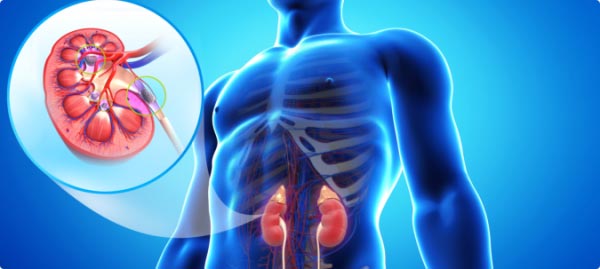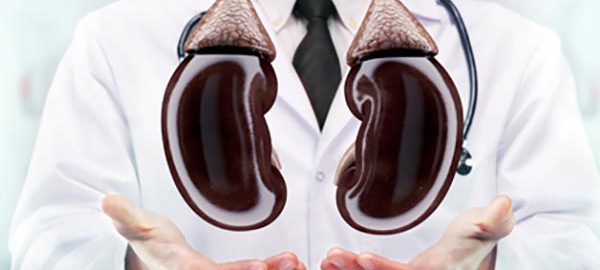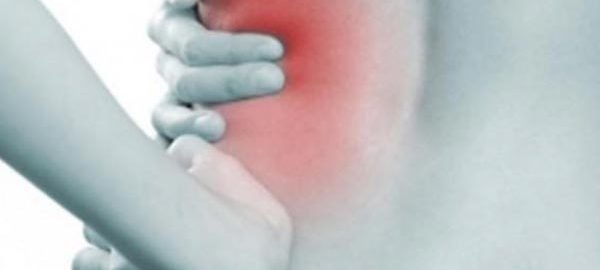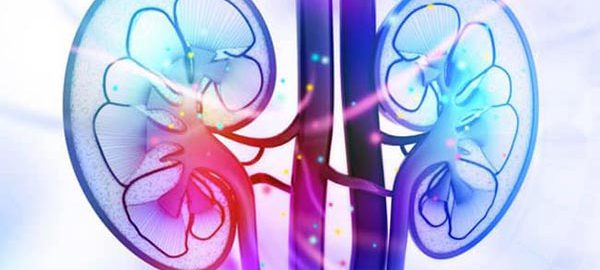Why kidney care is important
We know that the kidneys are organs that make up the excretory and osmoregulatory system, performing vital activities for our health. They are responsible for filtering the blood, eliminating toxins from our body through the urine. Avoiding the increase in blood pressure and the appearance of edema, among other functions that contribute to the proper functioning of our body.
How the chronic kidney patient keeps the kidney healthy
The kidney patient, like anyone else, must have a normal life in order to be able to carry out their day-to-day activities without worrying about health. For this, balance is the keyword to keep the kidney healthy
Care that chronic kidney patient should take with food
Care in feeding should start with liquids. The renal patient undergoing hemodialysis should be careful with the excess fluid ingested since it can accumulate in the body and force the activities of the lungs and heart.
Knowing this, some tips for curbing thirst are important;
- Avoid salty or very sweet foods;
- Rinse with water;
- Use a small glass to drink liquids;
- Suck ice;

Sodium – The care that chronic kidney patients should take with salt intake
Reducing the amount of salt that is ingested can decrease chronic kidney failure. To reduce salt consumption, it is important to avoid processed foods, such as: preserved foods, sausages (ham, sausage, bologna, salami), ready-made spices and salty cheeses. At mealtime, give preference to natural spices that are healthier and give more flavor to foods: onion, garlic, pepper, bay leaf, basil, etc.
Chronic kidney patient and blood pressure
The patient with renal failure tends to raise his blood pressure for two reasons. The first occurs because the kidney cannot properly eliminate the ingested salt, and the other happens due to the kidney’s disruption of hormone production, which regulates our blood pressure. Therefore, hypertensive patients or those with chronic kidney disease should avoid salt intake, suggests nephrologist in Delhi.
Renal patient and the consumption of Calcium and Phosphorus
Kidney failure causes the levels of phosphorus and calcium in our body to be altered, so it is important to be aware of their intake. This is because the kidney is unable to expel these elements properly, causing them to accumulate in our body, which can be very harmful to health.
Hyperpotassemia in chronic renal patients
Potassium levels in the blood increase when the kidney cannot eliminate its excess from the body, causing hyperkalemia. Because it is a mineral that acts on muscles and nerves, the accumulation of potassium can cause muscle weakness and change in a heartbeat.
Is carambola toxic to chronic kidney patients?
Chronic kidney patients should not eat star fruit because it is toxic. Research indicated that carambola’s toxicity was due to the presence of oxalate in the fruit. However, new studies show that the fruit is toxic due to the caramboxin toxin. This toxin contributes to the inhibition of GABAergic, the main inhibitory system of the central nervous system, which can cause serious complications for the health of chronic kidney patients, warns kidney specialist in Delhi.
Chronic kidney patient and skincare
Some chronic kidney patients may experience some discomfort due to dry and itchy skin. This can occur due to high levels of minerals and hormones in our body or due to changes in sweat and oil glands. As a way to prevent itching it is important to be aware of the levels of calcium and phosphorus that are being ingested in the diet.
Venous access is done before hemodialysis, which can be permanent or temporary. Chronic kidney patients tend to choose definitive access because it allows treatment to be long-lasting and to have a low rate of complications. To prevent complications from happening some care with the fistula is necessary. In the first sessions, it is important to save as much as possible the member who receives the access, avoiding sudden movements and great efforts. On a daily basis, nephrologist in Delhi recommends avoiding impacts and trauma in the area, so as not to hurt or infect the area.
Physical activity and chronic renal patient
In general, patients with chronic renal failure on hemodialysis have little tolerance for physical activities, due to some weakness or because they are inactive. There are still no in-depth studies on the risk of physical exercise in these patients, but there are no reports of serious problems resulting from physical training. There are descriptions of aerobic training interventions that have been used to increase maximum oxygen capacity in pre-selected patients. Studies suggest that aerobic training can improve blood pressure and mental health in chronic kidney patients. The study also concludes that physical and aerobic exercise benefits the patient in the dialysis and interdialytic phase, benefiting the cardiorespiratory capacity, physical conditioning, muscle strength, and functional capacity.
We can see that the care that the chronic kidney patient must have covered different situations in our life. Following these steps, the quality of life of the chronic renal patient tends to increase considerably. The care, balance, and monitoring of a qualified and specialized medical team is an important differential for effective renal treatment and a happier life for the patient.




